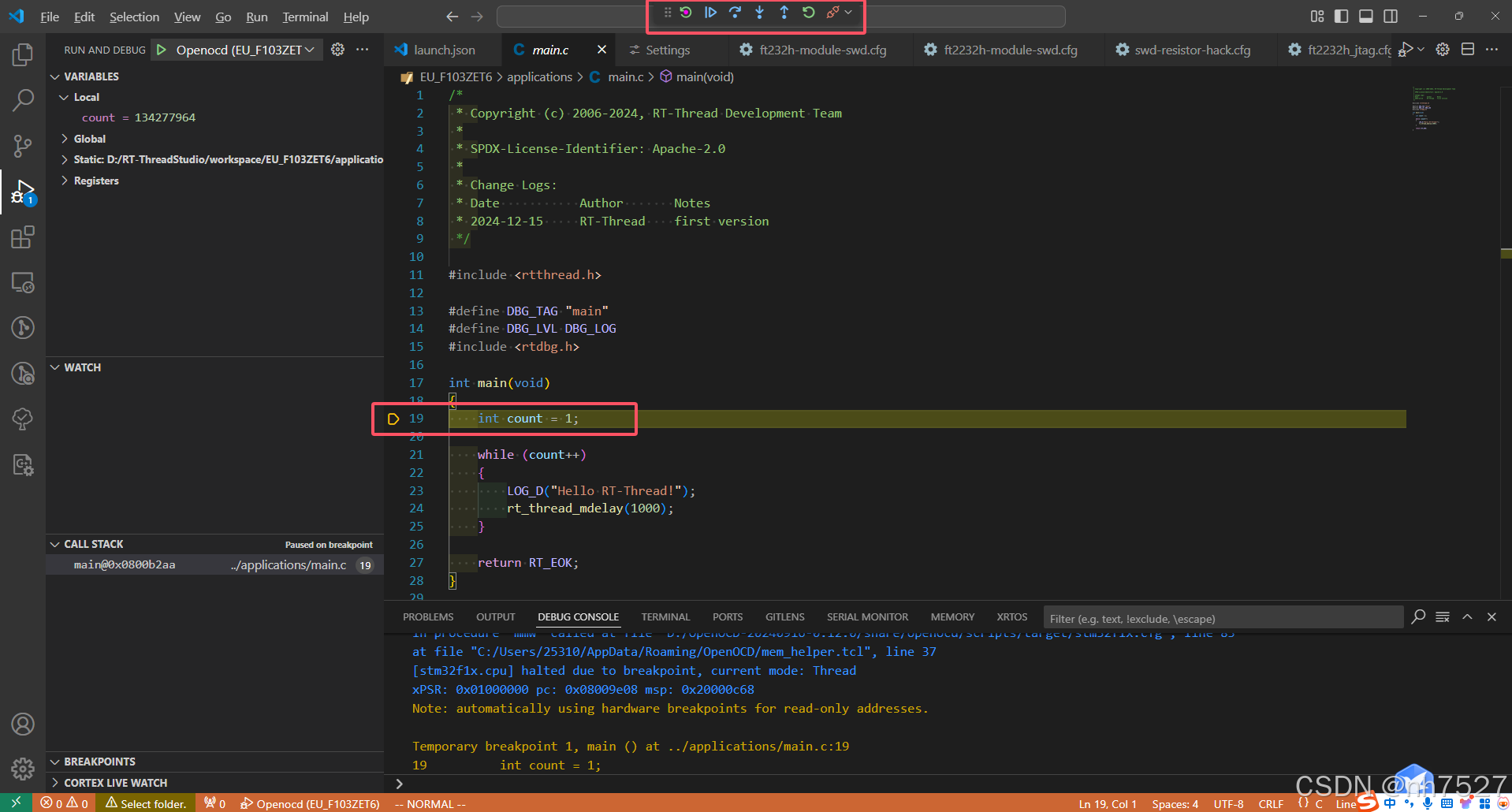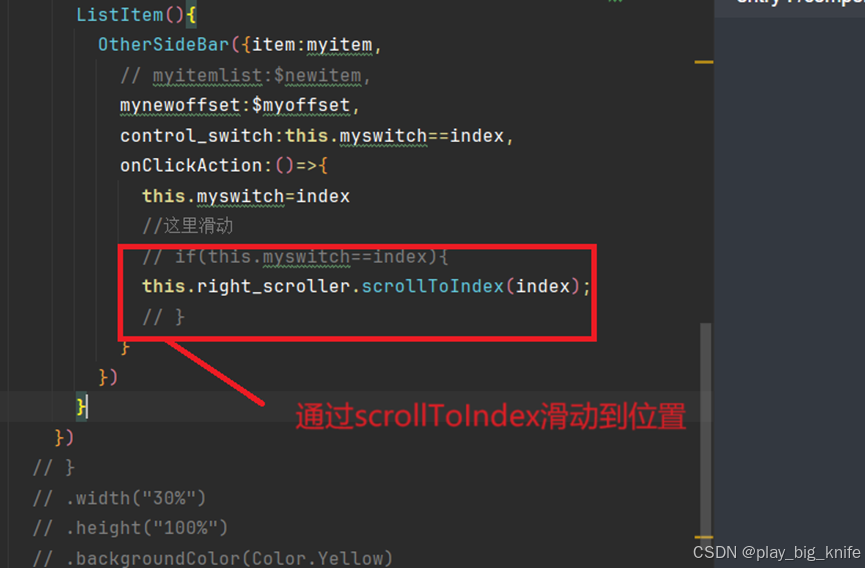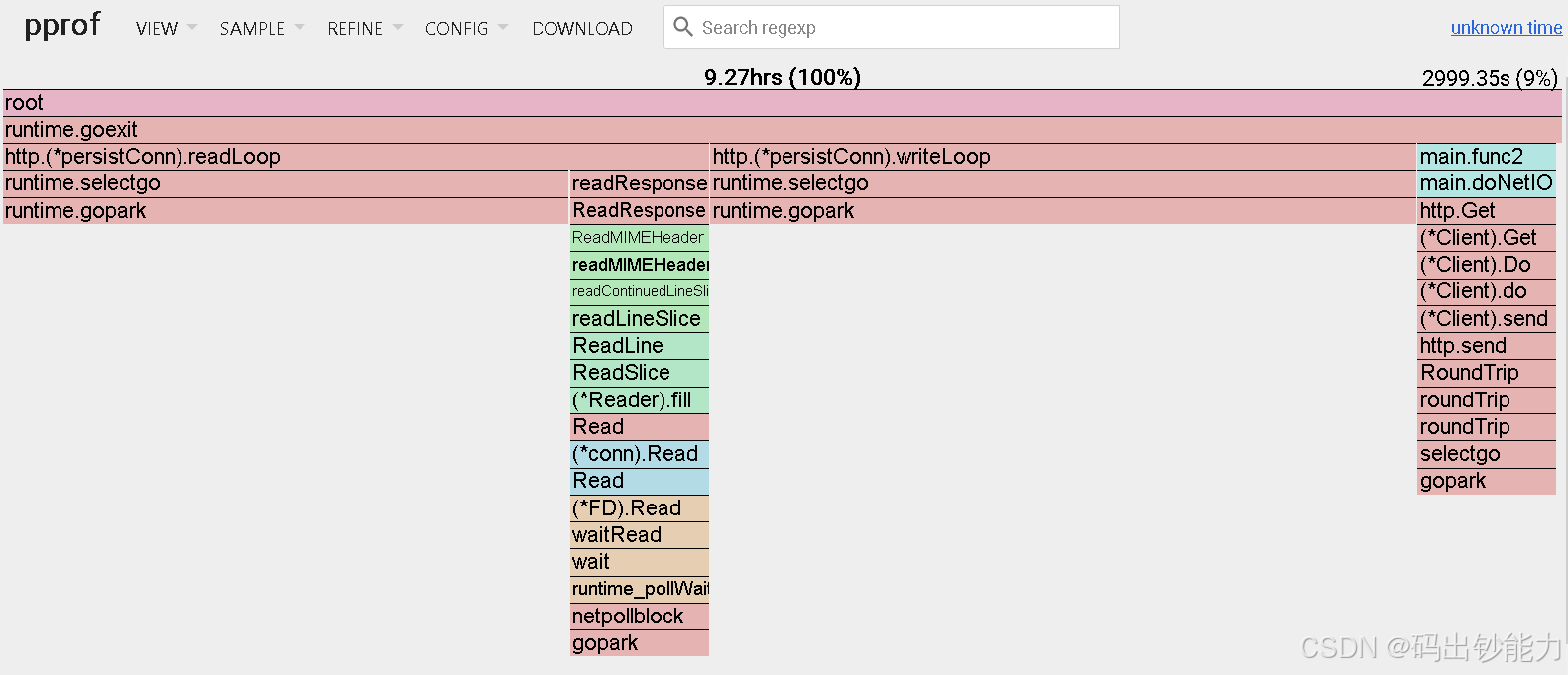1. 目的
最近被公司项目的 crash 问题折磨, 一方面是crash位置不固定,难以复现;另一方面是代码、sdk、人员众多,我拿不到所有代码。排查效率非常低效,各种会议满天飞,问题实质毫无进展。希望在达到被辞退的节点前学会 Rust,写一些不可能存在内存踩踏问题的 sdk,拯救自己。
2. 安装 Rust
https://www.rust-lang.org/learn/get-started
curl --proto '=https' --tlsv1.2 -sSf https://sh.rustup.rs | sh
3. 更新 Rust
rustup update
4. 创建 Hello-World 工程
mkdir -p ~/play/rust
cd $_
cargo new hello-world
5. 编译和运行
cd hello-world
cargo build
cargo run
6. 目录结构
刚执行 cargo new hello-world 时,文件和目录结构为:
➜ hello-world git:(main) ✗ tree -L 3
.
├── Cargo.lock
├── Cargo.toml
└── src
└── main.rs
2 directories, 3 files
也可以 cargo clean 来恢复。
7. main.rs
fn main() {
println!("Hello, world!");
}
解释:
fn: Rust 语言中的关键字。function 的意思main(): 入口函数println!: 宏. 暂时不理解,当做函数使用;会自动添加换行符的打印.
8. Cargo.toml
[package]
name = "hello-world"
version = "0.1.0"
edition = "2021"
[dependencies]
完全看不懂。 忽略。
9. Cargo run 在运行什么
cargo run
./target/debug/hello-world
10. 不用 cargo 呢?
hello.rs:
fn main()
{
println!("Hello, Rust");
println!("What a day!");
}
编译:
rustc hello.rs
运行:
./hello
结果:
Hello, Rust
What a day!
11. 总结
给出了 Rust 的安装,以及创建、运行、简单理解 hello-world 工程的步骤。
12. 参考
- https://www.rust-lang.org/learn/get-started
- https://blog.csdn.net/weixin_50964512/article/details/130138973



















